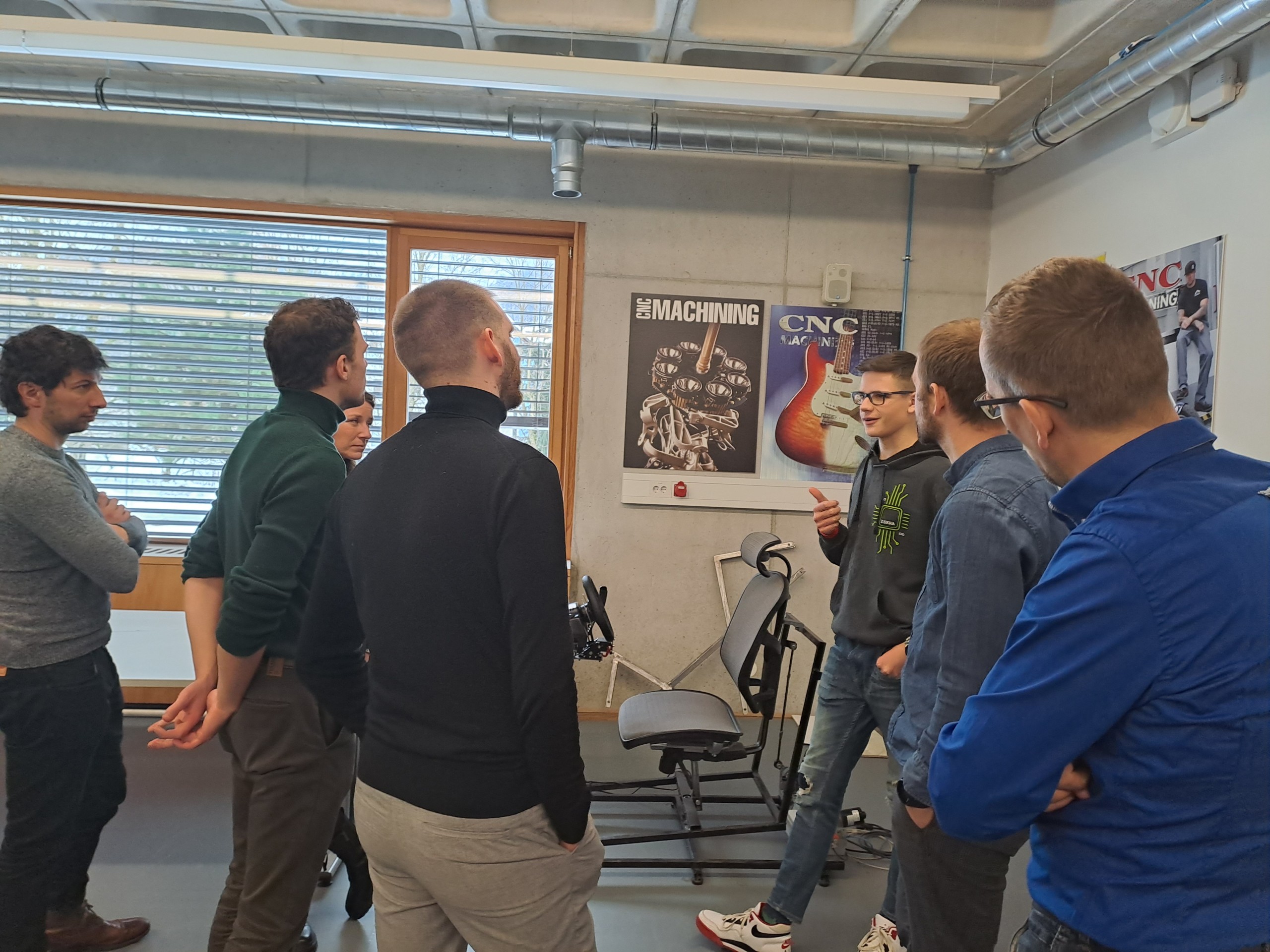As a human race, we will need to be very curious about where to find substitutes for the energy resources, how to achieve food sustainability, what buildings to built due to fast-changing climate conditions, what transport to invent not to make additional damage to our nature, how to simplify and reshape our work by means of technologies to focus on results, added value and the impact instead on the quantity of the working hours etc.
It’s about ideas. Ideas stimulate research that brings new knowledge, which fosters innovation. Innovation begins with the human being. Human beings have ideas, develop knowledge, translate their knowledge, skills and experience into new solutions in their businesses, at workplaces, in their spare time or as consumers. Innovation begins in the curiosity, creativity and power of initiative possessed by the individual. The centre of our project represents people who can and want to bring about improvement.
And here is, where CHALLENGER starts. The project aims to foster innovation through VET applied research (AR) to build stronger innovation capacity and impact at the EU and regional level to address global challenges and opportunities and contribute to creating value for people, the economy and the environment through new or improved solutions.
Project objectives:
- Design and establish an innovative, sustainable and efficient structure to promote innovation through the use of applied research in VET.
- Strengthen and improve the integration of innovative VET teaching methods to foster an innovative and entrepreneurial mindset.
- Map, design and set up Innovation & Entrepreneurship Resources, guided by tutors and mentors with role models.
Key actions and results:
- the framework and all required systemic and operational background elements of the structure, called Next-Generation community makerspace;
- the innovation journey for the users;
- the framework for the teacher/mentor role model to foster innovation culture and their professional development.
We will design self-guided courses for learners and role models included in the new structure and the resources that will support them. We will pilot the parts of the new structure and the role model professional development, in the frame of establishing six open community spaces as research gates in partners regions. The makerspaces will shape and prepare the targets to be able to design, develop and deploy innovative solutions for our regional communities to achieve meaningful impact and benefit for all.
The main target groups and stakeholders are learners, VET teachers and tutors, industry experts, entrepreneurs, researchers, policymakers, regional authorities, other interested creative people. The focus among targets will be put on gender balance.
the Project Consortium consists of 12 partners:
• P1 ŠOLSKI CENTER KRANJ (SI) – leading partner
• P2 ŠOLSKI CENTER NOVA GORICA (SI)
• P3 ŠOLSKI CENTER VELENJE (SI)
• P4 ŠOLSKI CENTER CELJE (SI)
• P5 MINISTRSTVO ZA VZGOJO IN IZOBRAŽEVANJE RS (SI)
• P6 BUSINESS SOLUTIONS d. o. o. (SI)
• P7 CURT NICOLIN GYMNASIET AB (SE)
• P8 SIEMENS ENERGY AB (SE)
• P9 FH JOANNEUM GESELLSCHAFT MBH (AT)
• P10 TEKNOLOGISK INSTITUT (DK)
• P11 PARK FRANS JOZIASSE GMBH (DE)
• P12 SCIENCE PARK GRAZ GMBH (AT)









